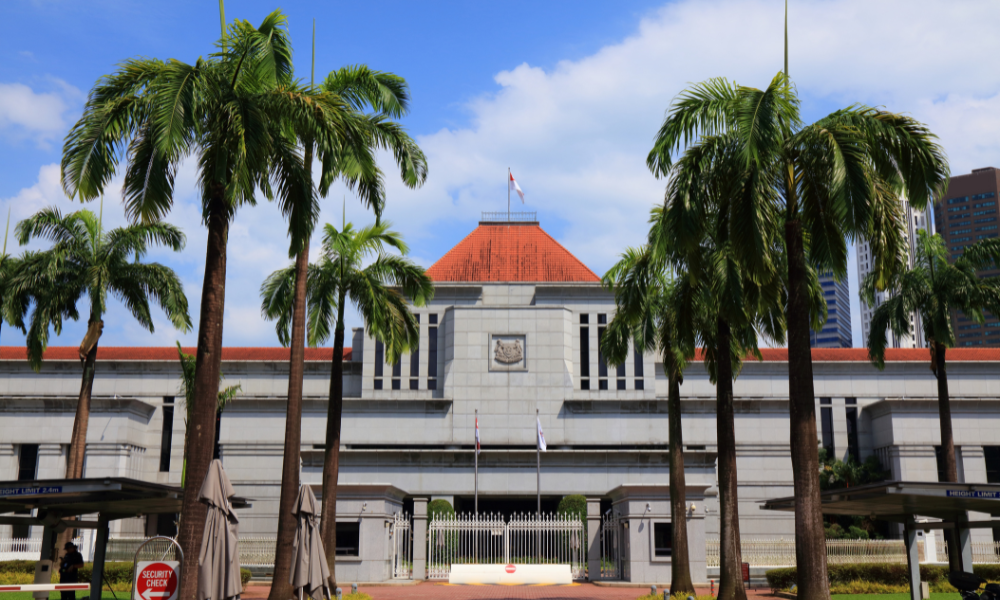
'It is an additional layer of protection,’ says Tan See Leng

The Workplace Fairness Legislation (WFL) Bill is not a silver bullet in upholding workplace fairness, but it will help promote fair and harmonious workplaces that are tailored to Singapore's context.
This is according to Manpower Minister Tan See Leng in his Second Reading Speech in Parliament for the Workplace Fairness Legislation Bill.
"Even as we take this next step in our workplace fairness journey, please also let me emphasise upfront that the WFL is not a panacea," Tan said.
"Rather, it is an additional layer of protection that allows us to take certain actions against the more frequently encountered forms of workplace discrimination where there is societal consensus today."
The bill seeks to protect individuals from discrimination by employers on the ground of the following categories:
"These are areas where there is broad societal consensus and we have national policy imperatives to prevent discrimination in the workplace," Tan said.
According to the minister, these grounds account for more than 95% of discrimination complaints received by the Ministry of Manpower and the Tripartite Alliance for Fair and Progressive Employment Practices.
"This provides some assurance that we have the experience and capabilities to handle such cases under the WFL, without disrupting business operations or workplace harmony," he said.
Starting out with the five categories follows a "more nuanced and calibrated approach," according to Tan.
He noted that while there were anti-discrimination laws overseas, they opted to consult and study local situations instead of rushing to implement a similar piece of legislation.
Tan said the development of the bill was the result of close cooperation among tripartite partners, as well as feedback from labour movements, employers, HR and legal professionals, among others.
"The comprehensive process we have gone through and the effort we have made to understand different stakeholder groups give us confidence that the Bill strikes the right balance for now," Tan said.
Singapore's Workplace Fairness Bill has been split into two parts, with the first one scrutinised by lawmakers on Tuesday. The second phase of the bill is expected to be tabled this year. They are expected to take effect in 2026 or 2027 if passed.